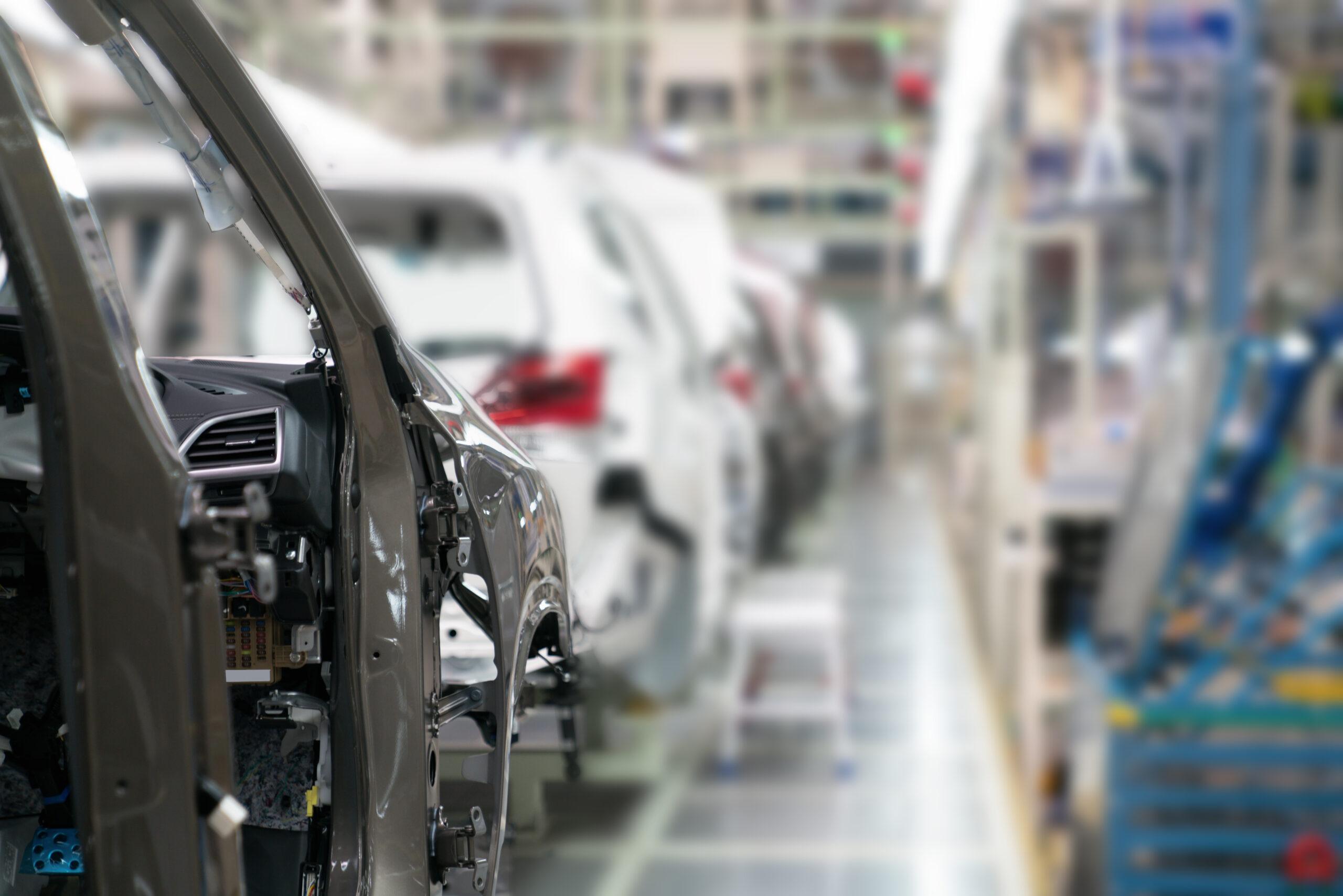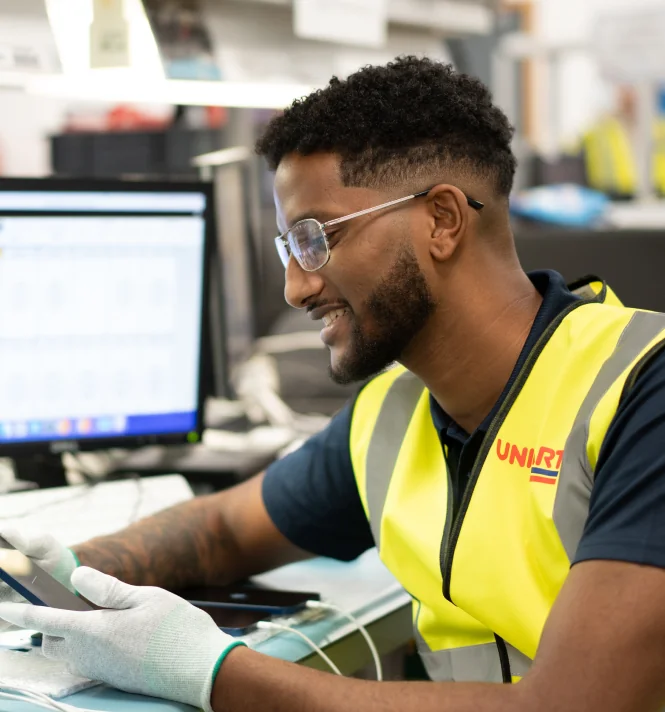
Sustainable productivity and cost benefits enable best practice production system
11th May 2021 | 4 min read


The Challenge
This major automotive manufacturer produces vehicles with a large number of customer-facing options and extras; a high-complexity product with a particularly high degree of variation. Facing issues with quality, cost and productivity (needing to effectively balance cycle times to customer demand), the manufacturer sought to put an ambitious programme into action.
This would deliver what they called a ‘Stable TAKT’ program across its entire UK assembly hall ahead of the launch of a new car model. The programme’s KPIs had been set to challenge the business in preparation for a new vehicle launch, but a number of significant gaps had been identified in the manufacturer’s ability and skill set to facilitate and deliver the program. The assembly unit was not realising the expected benefits or delivering the expected results.
The production line had a low level of efficiency as in order to deliver a fully flexible production plan with the ability to build any vehicle specification at any time and in any quantity, more team members were deployed on the line. However, these additional people would then be left under-utilised or sometimes idle, when vehicles of a lower specification, and shorter cycle time, were being built.
The lack of a balanced workload had also increased the risk of poor quality – additional team members had been deployed to check and inspect vehicles at planned intervals. This was detrimental to the efficiency of the production line.
In order to maintain a stable TAKT time across the production line, cycle time variation needs to be balanced against customer demand (or TAKT time). This would require a higher degree of flexibility being built into a redesigned process that would raise efficiency to the desired level. By building quality into the process, check and inspection points could be reduced, further increasing efficiency.
To help the organisation bridge the gaps in capability and skill, the manufacturer identified the need to partner with an experienced organisation that could bring expertise in:
- TAKT/cycle times
- Understand and integrate processes
- Drive out waste and identify
- Trial new ideas without endangering quality.
The potential partner needed to be able to engage with management and production teams in a practical way, as well as transfer capability, so that improvements could be sustained and built on for the future.
Many of these requirements are key features of Unipart’s world-class body of knowledge – ‘The Unipart Way’. Together with Unipart’s manufacturing expertise and coaches skilled in capability transfer and delivering sustainable change, Unipart was recognised as best fit to deliver the projects benefits:
- The customer sought to make 70% of vehicle cycle times stable to between 90% and 100% utilisation
- Deliver annual savings of at least £2.5m
- At least a 60% reduction in the number of quality issues



